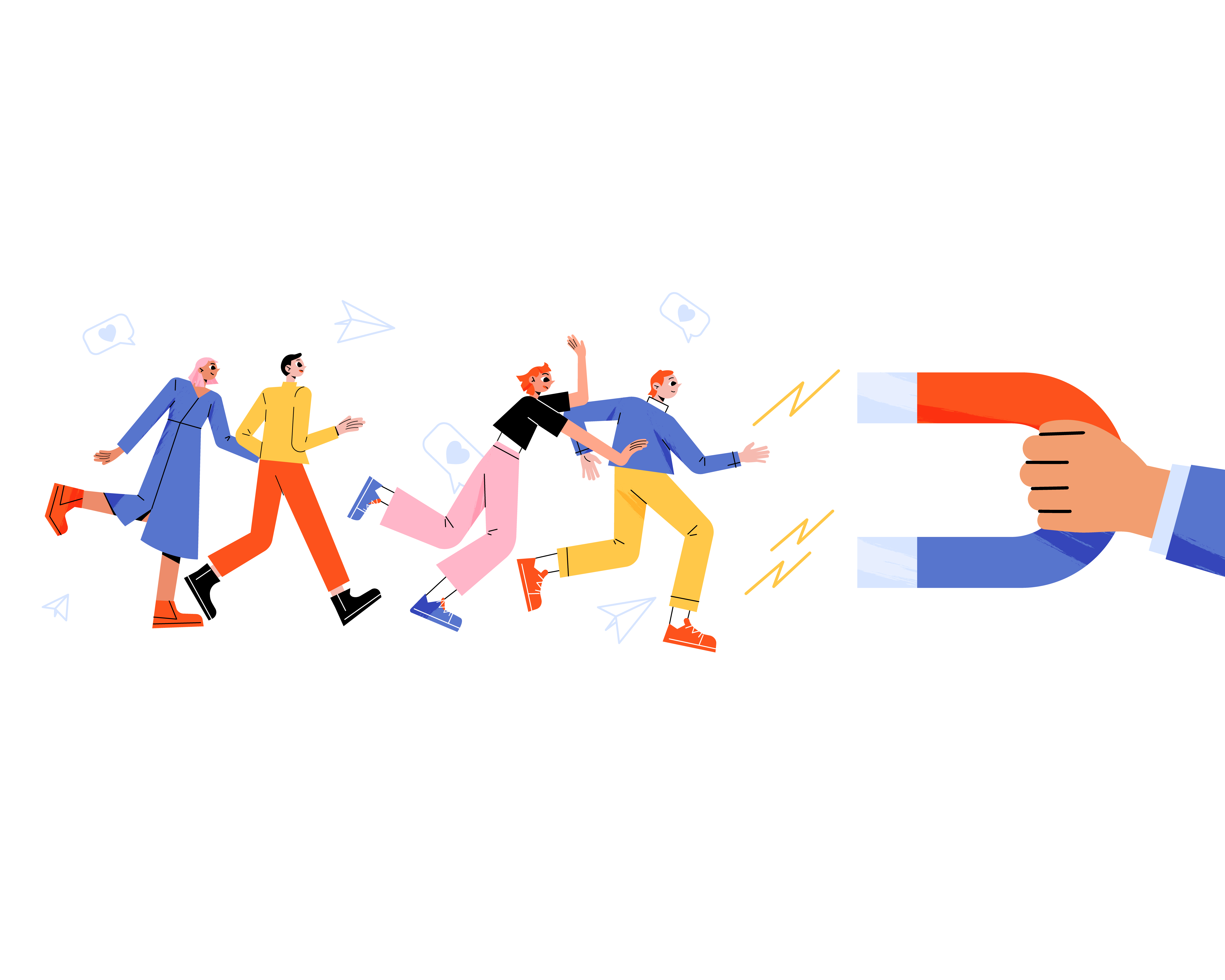Three years into its journey with the NeuroLeadership Institute, Microsoft has done what many organizations deem impossible: make feedback work.
On the latest episode of the Your Brain at Work podcast, Microsoft Senior Director of Global Performance & Development, Liz Friedman, discusses with NLI Chief Science Officer Dr. Heidi Grant how America’s most valuable company kickstarted a culture of continuous improvement. The secret, Liz says, all begins with flipping the conventional wisdom of “give better feedback” on its head.
“That was where there was the big breakthrough in the research,” she says. “Instead of waiting for feedback… take the front foot and to go after it, and to actually ask for it.”
NLI’s experimental research has shown that both askers and receivers of feedback respond with far less stress and anxiety when someone asks for feedback, rather than passively receives it. The main reason is a sense of control. Typical feedback conversations create loads of uncertainty for both sides. Givers fear their feedback won’t be helpful, and receivers wonder what kind of criticisms they’re about to hear.
Asking for feedback, on the other hand, empowers people to set guardrails on what, exactly, they want feedback on. And that in turn helps givers be specific in what they say. Over time, building a culture of asking for feedback could hold the power to make organizations more agile, innovative, and resilient.
To learn more about how Microsoft has embraced the science of better feedback, check out the full episode here.
[action hash=”ecdd7de9-682b-4ece-b651-65abf5dea52d”]





.avif)


